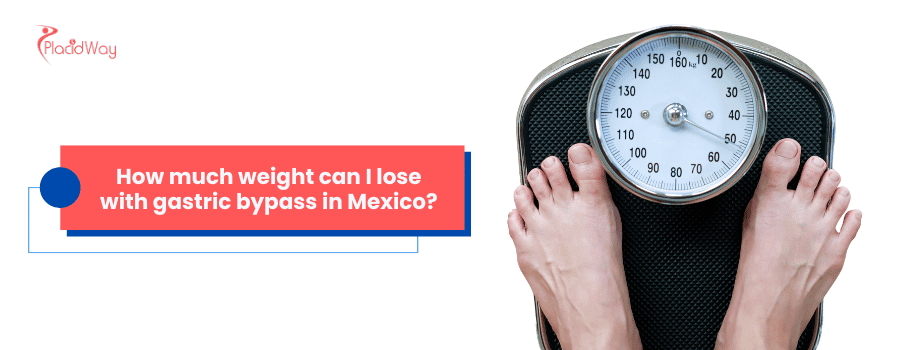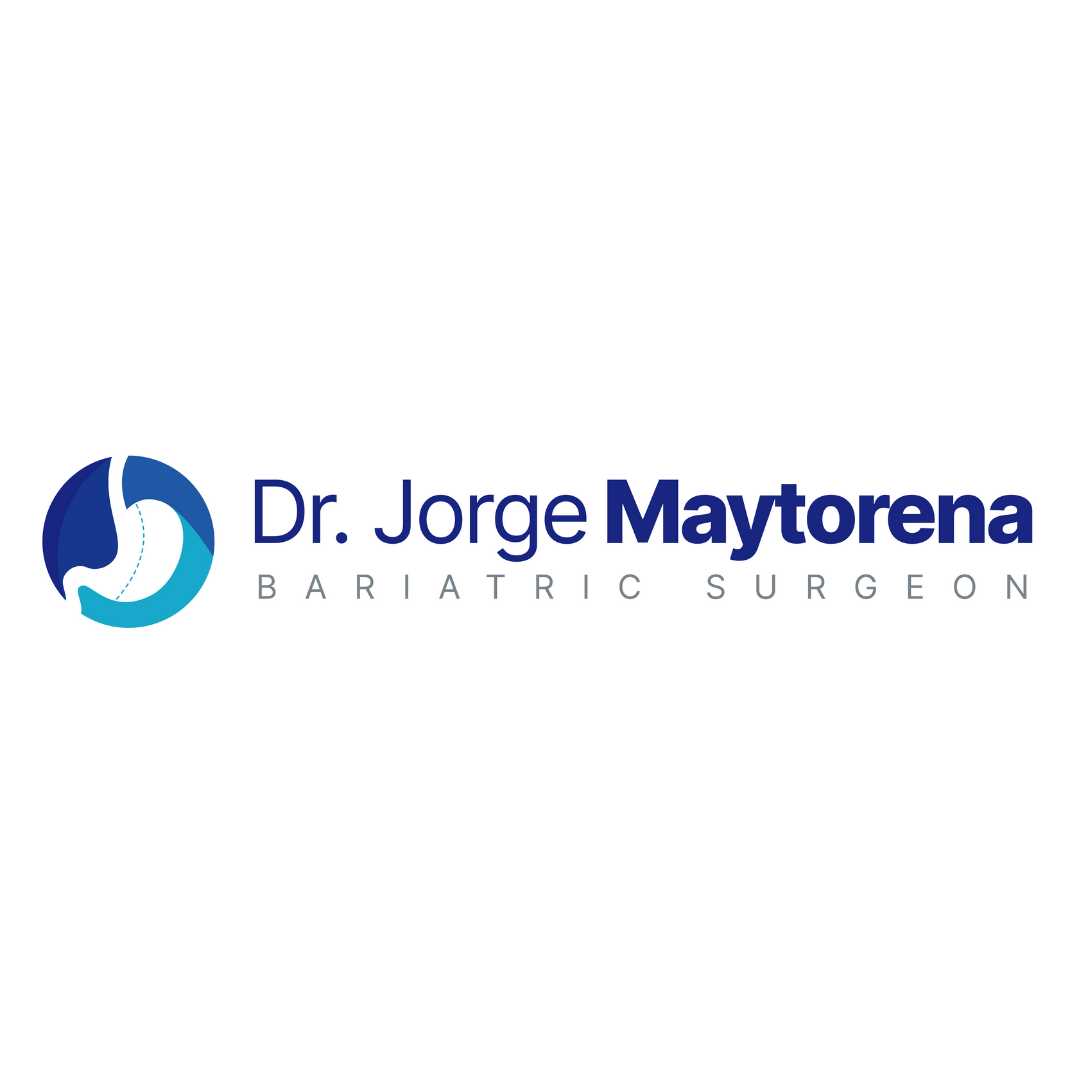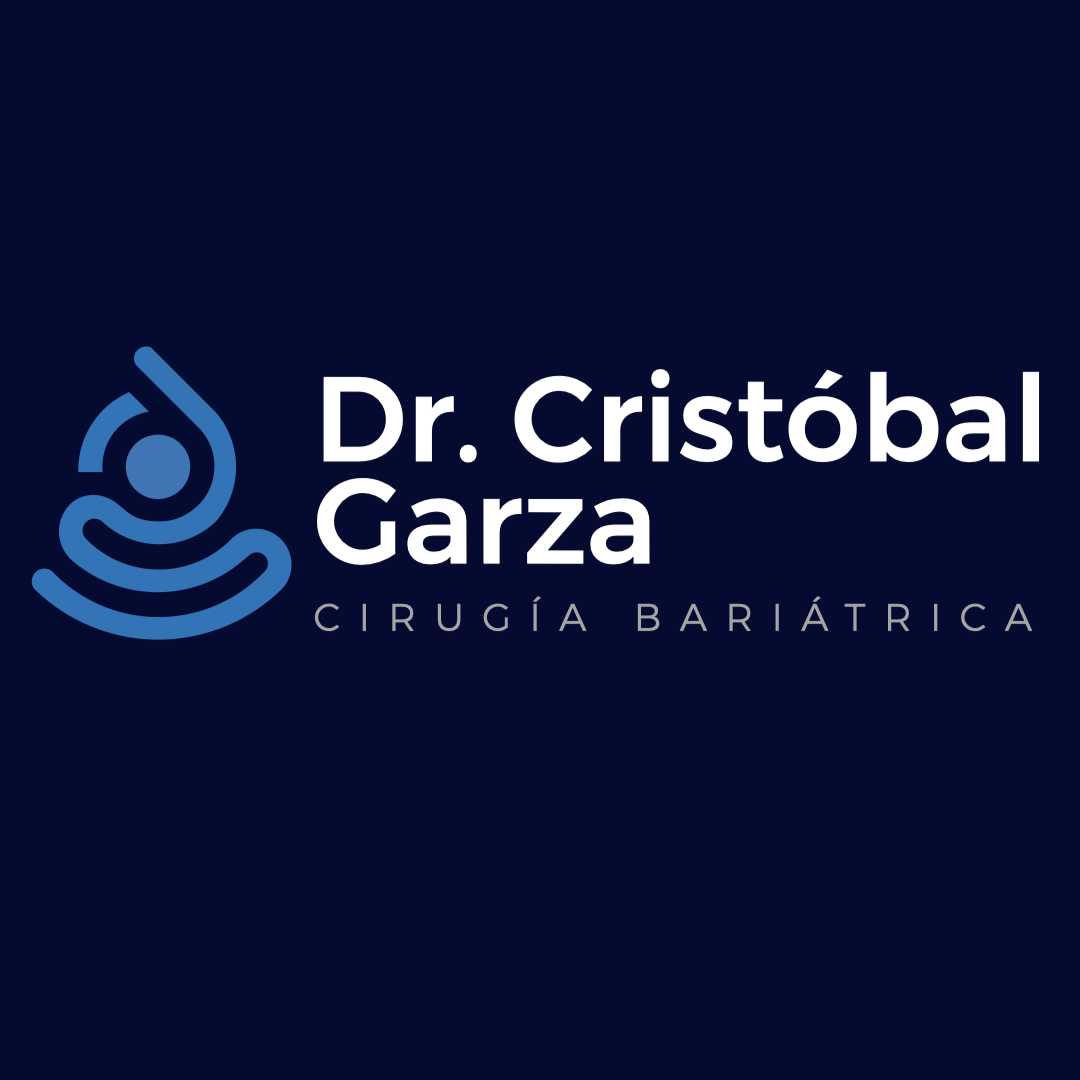Achieve Your Weight Loss Goals with Gastric Bypass Mexico

Considering gastric bypass in Mexico is a significant step towards a healthier life, and one of the most pressing questions on your mind is likely: "How much weight can I really lose?" The straightforward answer is that most patients can expect to lose 60% to 80% of their excess body weight within the first 12 to 18 months after surgery.
This transformative procedure, available at a fraction of the cost compared to other countries, has helped countless individuals reclaim their health and vitality. If you're exploring weight loss surgery, understanding the potential outcomes and the journey ahead is crucial. This guide will walk you through the specifics of gastric bypass surgery in Mexico, from the expected weight loss timeline to the lifestyle changes that will ensure your long-term success.
How is Expected Weight Loss Calculated?
"Expected weight loss is calculated based on your 'excess body weight,' which is the difference between your current weight and your ideal weight. Bariatric surgeons use this to estimate how many pounds you can realistically expect to lose after surgery."
To understand your potential weight loss, it's important to first grasp the concept of excess body weight (EBW). Your ideal body weight is typically determined based on your height and a healthy Body Mass Index (BMI). The formula is simple:
- Excess Body Weight = Your Current Weight - Your Ideal Weight
For example, if your current weight is 300 pounds and your ideal weight is 150 pounds, your excess body weight is 150 pounds. With a projected loss of 60-80% of EBW, you could anticipate losing between 90 and 120 pounds. It’s a powerful tool for setting realistic expectations for your weight loss journey.
What is the Average Weight Loss Timeline After Gastric Bypass in Mexico?
"The weight loss after gastric bypass in Mexico is most rapid in the first few months. You can expect to lose about 25-35% of your excess weight in the first three months, and up to 50% within six months. By the one-year mark, most patients have lost 60-70% of their excess weight."
The weight loss journey after gastric bypass follows a predictable, yet exciting, timeline. The initial months are marked by rapid and significant weight loss as your body adjusts to the new stomach size and hormonal changes. Here’s a typical breakdown:
- First 3 Months: Expect to lose a significant amount of weight, often between 25% and 35% of your excess body weight. This is the period of most rapid weight loss.
- 6 Months: By this point, you could have lost up to 50% of your excess weight. The rate of loss will start to slow down slightly as you progress.
- 12 to 18 Months: Most patients will have lost between 60% and 80% of their excess body weight. Your weight will likely stabilize around this time as you settle into your new lifestyle.
It's important to remember that these are averages. Your individual results will be influenced by your commitment to the post-operative diet and exercise plan.
What are the Main Factors Influencing My Weight Loss?
"Your total weight loss after gastric bypass is influenced by several key factors, including your starting BMI, age, overall health, and, most importantly, your adherence to the post-surgical dietary and exercise guidelines provided by your medical team in Mexico."
While gastric bypass surgery is a powerful tool, it's not a magic wand. Your long-term success is a partnership between the surgical procedure and your lifestyle choices. Here are the primary factors that will impact how much weight you lose:
- Starting Weight and BMI: Patients with a higher initial BMI tend to lose more total pounds, though the percentage of excess weight loss is often comparable to those with a lower starting BMI.
- Age: Younger patients may experience slightly faster weight loss and may find it easier to adapt to the necessary physical activity levels.
- Overall Health: Pre-existing conditions like type 2 diabetes or metabolic syndrome can influence your body's response to the surgery and your rate of weight loss.
- Dietary Adherence: Strictly following the post-operative diet is non-negotiable for success. This includes consuming the right nutrients, portion sizes, and avoiding foods that can hinder your progress.
- Exercise Routine: Regular physical activity is crucial for burning calories, building muscle mass (which boosts metabolism), and maintaining your weight loss long-term.
How Much Does Gastric Bypass Surgery Cost in Mexico?
"The cost of gastric bypass surgery in Mexico is significantly lower than in many other countries, typically ranging from $5,000 to $8,000. This price often includes the surgeon's fees, hospital stay, and pre- and post-operative consultations."
The affordability of medical procedures is a major reason why many people choose to have gastric bypass in Mexico. The cost is often a fraction of what you would pay in the United States or Canada, without compromising on the quality of care. Many reputable clinics in Mexico offer all-inclusive packages that cover:
- Surgeon and anesthesiologist fees
- Hospital and operating room costs
- Pre-operative tests and consultations
- Post-operative medications and follow-up care
- Transportation to and from the airport and hotel
It is essential to get a detailed breakdown of what is included in the price to avoid any surprises.
Is it Safe to Get a Gastric Bypass in Mexico?
"Yes, getting a gastric bypass in Mexico is safe, provided you choose a reputable and accredited hospital and an experienced bariatric surgeon. Many top Mexican hospitals adhere to international standards of care and have excellent success rates."
Safety is a valid concern when considering medical treatment abroad. However, Mexico has a well-established medical tourism industry with many world-class hospitals and highly skilled surgeons. To ensure your safety, it's crucial to do your research and choose a facility that:
- Is accredited by national or international bodies.
- Has a team of board-certified bariatric surgeons.
- Has a proven track record of successful surgeries and positive patient testimonials.
- Provides comprehensive pre- and post-operative care.
By selecting a reputable provider, you can be confident in the safety and quality of your gastric bypass surgery in Mexico.
What are the Requirements to Qualify for Gastric Bypass in Mexico?
"To qualify for gastric bypass in Mexico, you generally need to have a Body Mass Index (BMI) of 40 or higher, or a BMI of 35 or higher with at least one obesity-related health condition, such as type 2 diabetes, high blood pressure, or sleep apnea."
The eligibility criteria for gastric bypass surgery are in place to ensure the procedure is both safe and effective for the patient. General requirements include:
- BMI of 40 or greater: This is considered morbidly obese.
- BMI of 35-39.9 with comorbidities: If you have serious health problems related to your weight, you may qualify with a slightly lower BMI.
- Commitment to Lifestyle Changes: You must be willing to commit to long-term dietary and lifestyle adjustments.
- Psychological Evaluation: A mental health screening is often required to ensure you are emotionally prepared for the changes ahead.
What is the Recovery Time for Gastric Bypass in Mexico?
"The initial recovery period for gastric bypass in Mexico typically involves a hospital stay of 2-3 days. Most patients can return to non-strenuous work within 2-4 weeks, with a full recovery and the ability to engage in all activities taking a few months."
Your recovery will happen in stages. Immediately after the surgery, you will be on a liquid diet and will gradually progress to pureed and then soft foods over several weeks. Walking is encouraged soon after the procedure to promote healing and prevent blood clots.
It's important to listen to your body and follow your surgeon's instructions carefully. While you'll be able to resume many of your normal activities relatively quickly, it's crucial to avoid heavy lifting and strenuous exercise for the recommended period to allow your body to heal properly.
What Does the Post-Operative Diet and Lifestyle Entail?
"Life after gastric bypass involves a lifelong commitment to a healthy diet and regular exercise. Your diet will focus on lean protein, vegetables, and fruits, with a strict limitation on sugars and processed foods. Daily vitamin and mineral supplements are also essential."
Your new lifestyle is the key to maintaining your weight loss and enjoying the full benefits of the surgery. Here's what you can expect:
- Dietary Changes: You will eat much smaller portions and will need to focus on nutrient-dense foods. Protein will become a priority at every meal to help you feel full and maintain muscle mass. You'll need to avoid high-sugar and high-fat foods, which can cause "dumping syndrome," an unpleasant reaction that can include nausea, vomiting, and diarrhea.
- Hydration: Staying hydrated is crucial, but you'll need to drink fluids between meals, not with them.
- Supplements: Because your body will absorb nutrients differently, you will need to take daily vitamin and mineral supplements for the rest of your life to prevent deficiencies.
- Exercise: Regular physical activity is essential for burning calories, improving your metabolism, and enhancing your overall health.
Roux-en-Y vs. Mini Gastric Bypass: What's the Difference in Weight Loss?
"Both Roux-en-Y and mini gastric bypass offer similar and significant long-term weight loss results. The choice between the two often comes down to the surgeon's recommendation based on your individual health profile, with the mini bypass being a slightly less complex procedure."
The Roux-en-Y (RNY) has long been considered the "gold standard" of gastric bypass surgery. It involves creating a small stomach pouch and rerouting a portion of the small intestine. The mini gastric bypass is a simpler and often quicker procedure that also creates a small stomach pouch but involves a different intestinal reconnection.
While both are highly effective for weight loss, some studies suggest the mini gastric bypass may have a slightly higher rate of long-term complications such as bile reflux. Your surgeon in Mexico will discuss the pros and cons of each procedure with you and recommend the best option for your specific needs.
What's Typically Included in a Gastric Bypass Package in Mexico?
"Most gastric bypass packages in Mexico are all-inclusive, covering the costs of the surgery, hospital stay, surgeon's fees, pre-operative tests, post-operative medications, and transportation. This transparent pricing model makes it easier for patients to budget for their procedure."
When you choose to have your gastric bypass surgery in Mexico, you'll often find that the advertised price is a comprehensive package that includes:
- Surgical Costs: This covers the surgeon, anesthesiologist, and operating room fees.
- Hospital Stay: Typically includes a 2-3 night stay in a private room.
- Medical Tests: Pre-operative blood work, EKG, and other necessary evaluations.
- Post-Operative Care: Initial medications and follow-up consultations.
- Transportation: Ground transportation between the airport, hotel, and hospital.
- Nutritionist Consultation: Guidance on your post-operative diet.
It's always a good idea to confirm the exact details of what's included with the clinic beforehand to ensure there are no hidden costs.
Ready to take the next step in your weight loss journey? Explore the possibilities of gastric bypass surgery and other healthcare solutions with PlacidWay. Connect with trusted medical providers and start your transformation today.


.png)














Share this listing